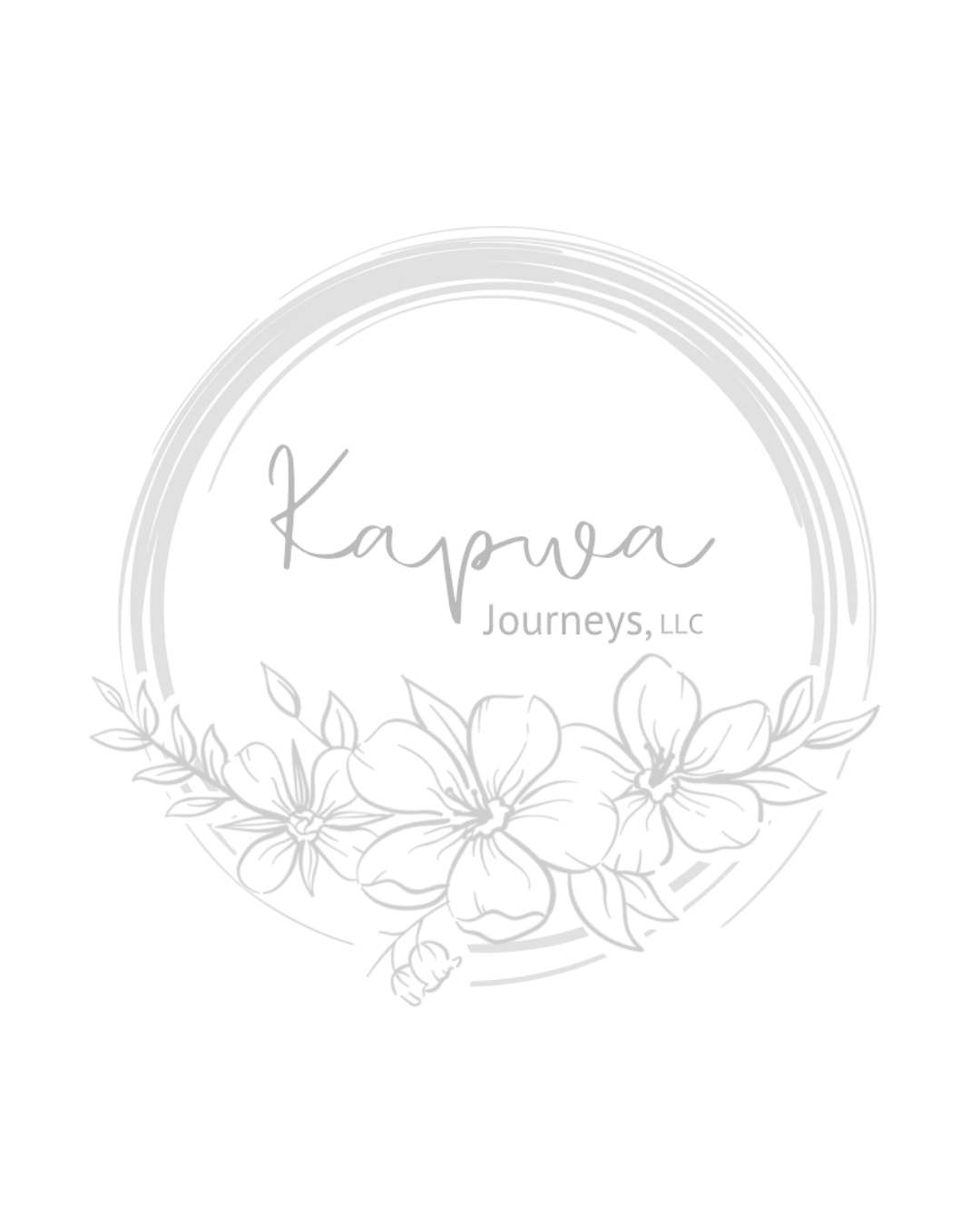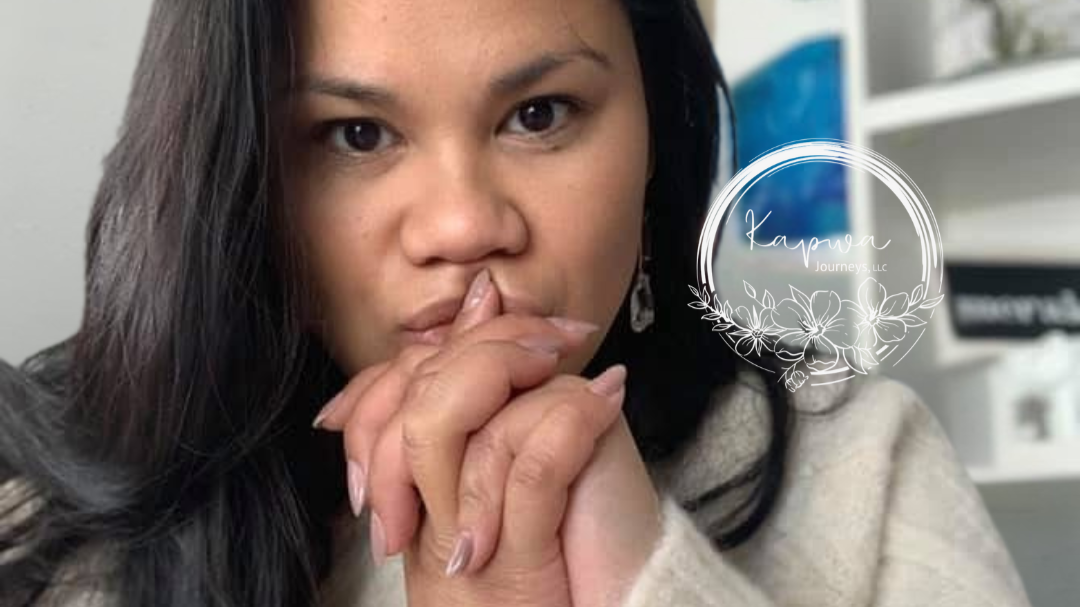FAHM | The Cost of White-Washing
As a therapist and adoptee, I’ve been reflecting on the ways white-washing, cultural loss, and adoption shape identity. In my latest blog, I share personal experiences as a Filipino adoptee and connect them to broader themes of belonging, resilience, and cultural reclamation.
Cultural Loss & Resilience in Adoption
It still amazes me that it took thirty years to learn that Asian American and Pacific Islanders (AAPI) are nationally recognized every May, and that Filipino American History Month (FAHM) is celebrated every October. I didn’t discover this until 2019, when I realized there were two separate months dedicated to honoring Americans who looked like me. In hindsight, perhaps it’s not so surprising. I grew up in a town where I only knew of four other AAPI individuals, not including my two brothers, who were also born in the Philippines.
The concept of being “white-washed” is widely recognized across many communities, but more often in BIPOC (Black, Indigenous, and People of Color) communities. White-washing influences countless aspects of life: religion, education, movies, news, history, advertising, and much more.
For clarity, “white-washing” in this context refers to disconnecting from one’s ancestral culture in order to assimilate into a stereotypical Caucasian-American lifestyle. This is especially relevant for transracial adoptees (children adopted by parents of a different racial or ethnic background). From a Filipino perspective, white-washing is not only about assimilation but also about generational shame, a phenomenon that can also be observed in the Latinx community. Both experiences are deeply rooted in colonialism.
Growing up, I wasn’t particularly close to the few AAPI peers I knew. At home, my brothers and I made up the “majority” by a slim margin, yet we were still shaped by the predominantly white, Midwestern environment around us. Before I could even speak, I had adopted the norms of middle-class life: “Midwest nice,” nuclear family values, and the protective narrative of adoption. So, am I too adoptee to be Filipino enough?
My late mother often reminded me that before I arrived, she and my father made efforts for my brothers and I to be culturally aware. My dad was actively involved on adoption boards. My mom helped organize adoption community events where families like ours could explore their birth cultures and interact with peers who looked like them. I love this for them, kudos Mom and Dad! Unfortunately, as time went on, these opportunities diminished. They were limited by schedules and declining interest from my brothers. Due to my age I didn’t have the same exposure. Looking back, I see these missed opportunities is one of many factors that contribute to the lack of cultural awareness among adoptees.
By elementary school, I often found myself fantasizing about my biological family and comparing myself to my friends’ family structures. Just before middle school, my parents announced their pending divorce. Over the next two years, I began to conceptualize my adoption in ways that left me confused and angry. The anticipatory grief of losing the only family I had ever known fueled a fixation on finding my “real family.” I felt as though I no longer belonged in my social circles nor in the family or environments that existed for many years before.
I also learned something important, losing something you once had, feels very different from grieving something you never had. This realization reshaped the way I saw myself, diminished my confidence, and broke my trust in others. Ultimately, also altering how others perceived me.
In an effort to find belonging, I transferred to a school district where minorities were the majority. It was there that I fully encountered the painful implications of being “white-washed.” I was rejected by my AAPI peers for “not being Asian enough,” criticized by Black students for “acting too white,” verbally accepted but socially excluded by Hispanic and Latino students, and largely ignored by white students. Each day, I struggled with the reflection I saw in the mirror. I feared my own authenticity and lacked the confidence to accept my core identity. Within a year, I returned to my former school.
Over time, with professional support, encouragement from my family, and the natural course of life transitions, I began to heal. I came to understand that while we cannot change what we have been through or what we did or did not get to experience, we can choose how to grow from it.
Identity is fluid, complex, and often difficult to articulate. As adults, we have the agency to decide what and who will influence our evolving sense of self. Sharing stories like mine is one way to claim that agency. In doing so, we control the tone of our narrative, the lessons we take from it, and the direction we choose to move forward.
Today, I hold this truth, my identity as an adoptee, though significant in its own right, does not diminish or override my Filipino identity. I was always Filipino enough.





